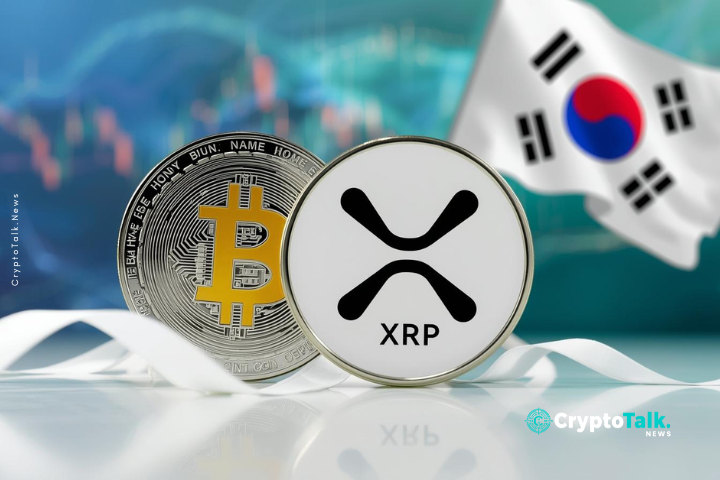The U.S. Commodity Futures Trading Commission (CFTC) has initiated an unprecedented regulatory push in collaboration with the Securities and Exchange Commission (SEC) to implement President Trump’s digital asset agenda. Dubbed the “crypto sprint,” this accelerated effort comes just days after the White House released its comprehensive recommendations for cryptocurrency regulation.
Breaking Down the Regulatory Push
Acting CFTC Chair Caroline Pham announced the agency would work “in lockstep” with SEC leadership to execute the 18-point framework from Trump’s Working Group on Digital Asset Markets. “We’re moving swiftly to establish America as the global leader in crypto innovation,” Pham stated, referencing the President’s January executive order that kicked off this regulatory overhaul.
The joint initiative, called “Project Crypto,” focuses on three immediate priorities:
-
Clarifying which digital assets qualify as commodities
-
Modernizing derivatives rules for blockchain-based assets
-
Creating new registration pathways for DeFi platforms
What This Means for Crypto Markets
Industry analysts highlight the potential impact of the CFTC potentially gaining oversight of spot markets for non-security tokens – a recommendation that would require Congressional approval. The agencies are also exploring a unified regulatory sandbox, which could allow crypto firms to test innovative products under controlled conditions.
The CFTC has already taken preliminary steps by removing outdated guidance and completing consultations on 24/7 trading for crypto derivatives. These moves come as Trump’s nominee to lead the agency, a16z crypto policy head Brian Quintenz, awaits Senate confirmation after an unexpected delay in his hearing.
Looking Ahead
With the SEC simultaneously working on its own crypto custody rules, market participants are watching closely to see if these parallel efforts will create consistent standards or new regulatory gaps. The speed of implementation may determine whether the U.S. can reclaim its position as the global hub for blockchain innovation.
Will this coordinated approach finally provide the regulatory clarity crypto markets have demanded? Share your perspective in the comments.
Author
-

Ethan Cole is a New York-based cryptocurrency journalist, blockchain analyst, and fintech commentator with over 9 years of experience covering digital assets, decentralized finance (DeFi), and Web3 innovation. He holds a Master’s degree in Financial Technology from New York University (NYU) and has developed a reputation for making complex crypto topics accessible to readers across all experience levels. Ethan regularly contributes to CryptoTalk.news, where he writes in-depth articles on Bitcoin, Ethereum, altcoins, NFTs, crypto regulations, market trends, and security best practices. His analysis blends technical insights with real-world applications, offering readers clear and timely perspectives on the fast-evolving crypto landscape. Beyond CryptoTalk, Ethan's work has been featured in leading finance and tech publications such as Wall Street Updates, Financial Mirror, Wealth Magazine, Euro News 24, and New York Mirror. He’s also a guest speaker at blockchain conferences and an active member of the Ethereum Research community.
View all posts


























